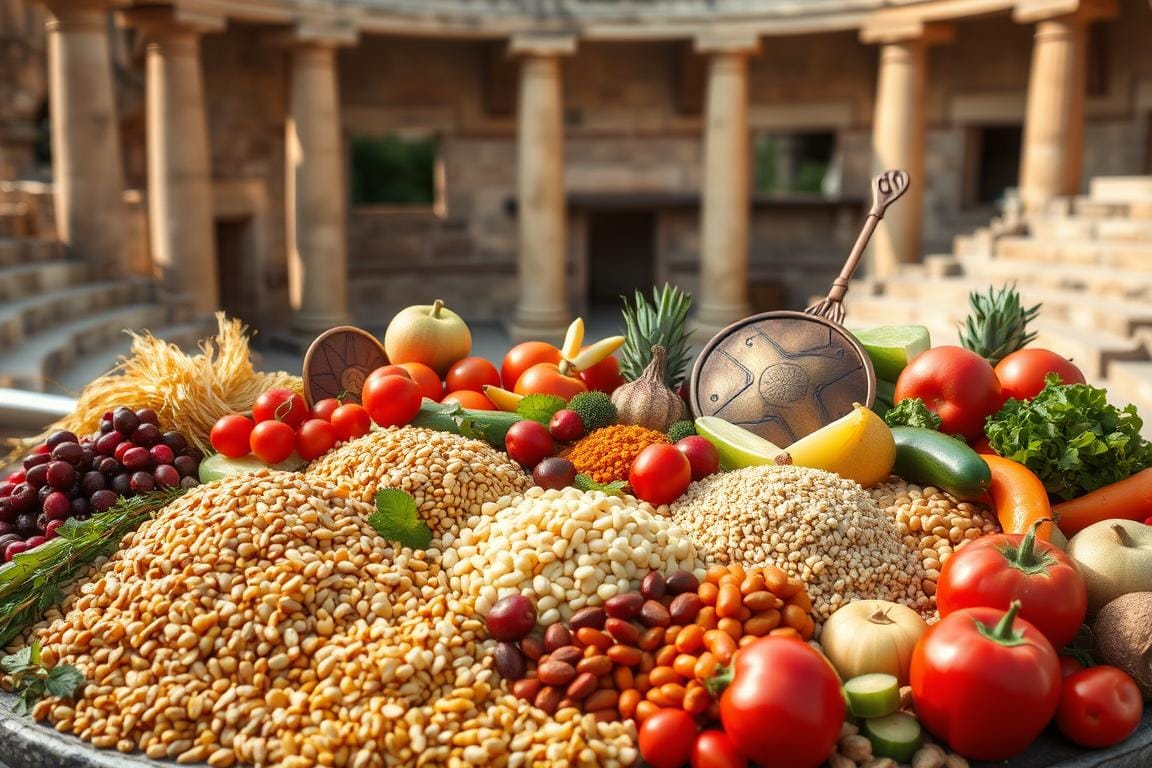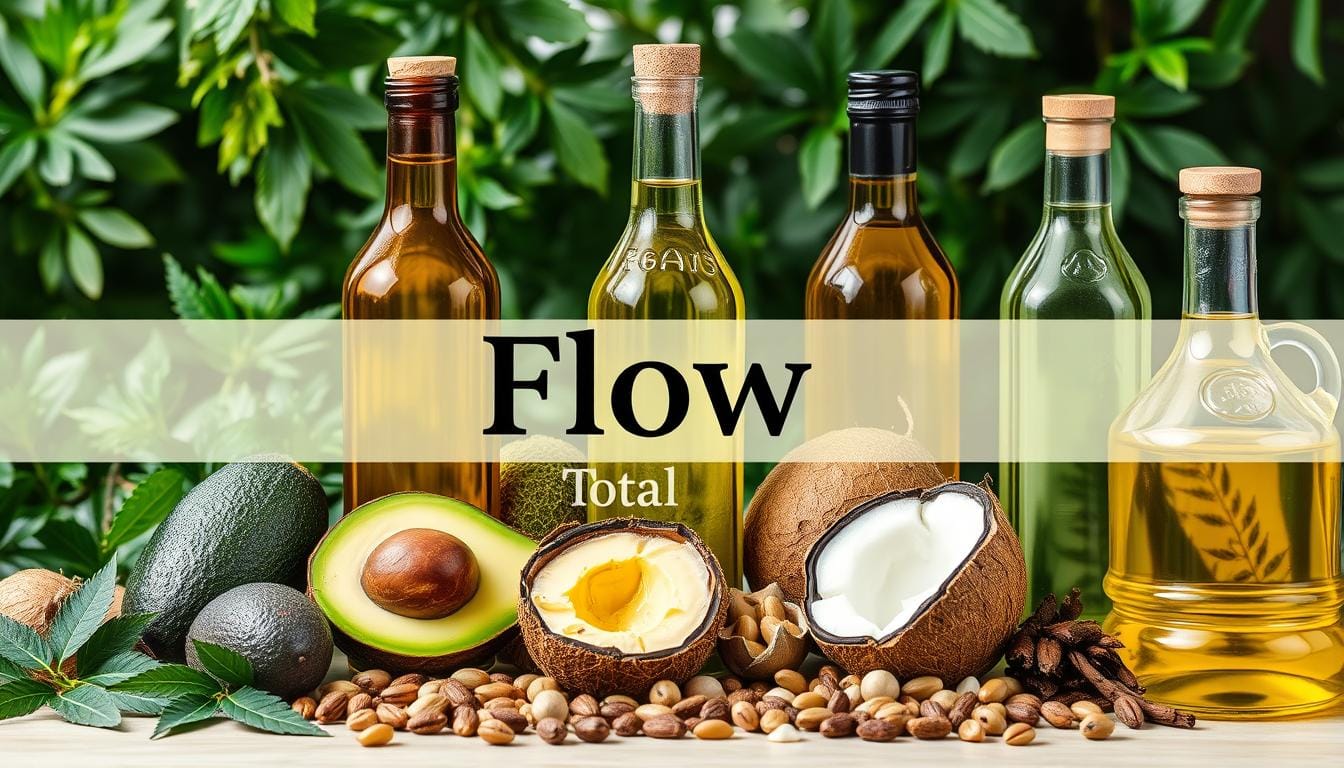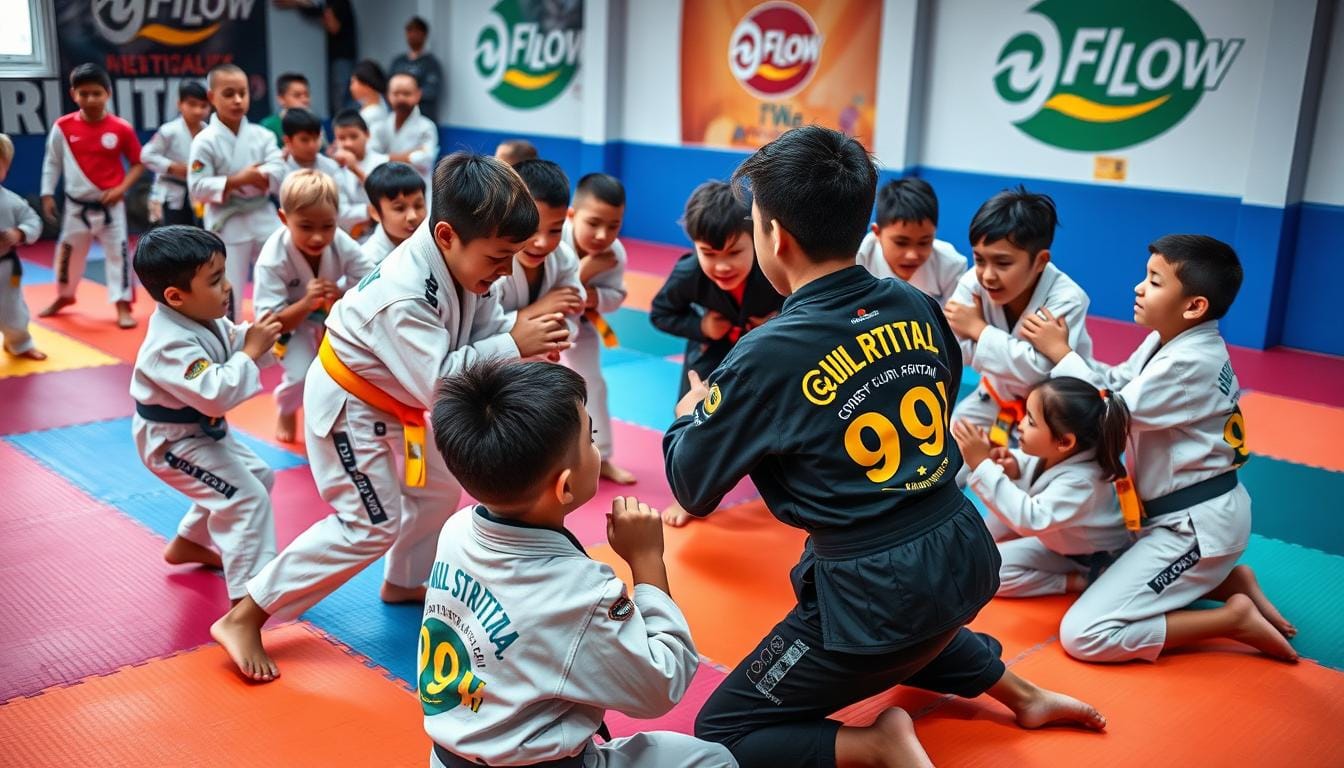
Brazilian Jiu-Jitsu (BJJ) is much more than a martial art; it is a discipline that promotes physical strength, mental clarity, and emotional resilience. Originally developed from traditional Japanese Jiu-Jitsu and Judo techniques, BJJ was adapted and popularized by the Gracie family in Brazil in the early 20th century. It has since evolved into one of the most widely practiced martial arts globally, not just for self-defense, but also as a powerful means of improving one’s health, mindset, and overall well-being.
The Physical Benefits of Brazilian Jiu-Jitsu
Brazilian Jiu-Jitsu is renowned for its emphasis on ground fighting and grappling techniques. Unlike many martial arts that focus on strikes, BJJ is designed to help practitioners control or submit opponents using leverage, technique, and body positioning. The sport requires practitioners to be highly engaged physically, and it offers numerous health benefits, including:
- Strength and Endurance: BJJ provides a full-body workout that improves muscular strength, endurance, and cardiovascular fitness. During training, practitioners use their own body weight, the weight of their partners, and the resistance of various techniques to strengthen their muscles and increase stamina.
- Core Stability and Flexibility: Many BJJ moves require flexibility and core engagement. Positions like the guard, mount, and side control strengthen the core and improve flexibility in the hips and lower back. This not only helps improve performance but also aids in preventing injuries.
- Weight Loss and Muscle Toning: Because BJJ is an intense, full-body workout that often involves constant movement, it is an excellent way to burn calories and build lean muscle mass. It’s common for practitioners to experience significant improvements in body composition, as BJJ helps reduce body fat and increase muscle tone over time.
- Coordination and Balance: In BJJ, balance is key to controlling opponents and maintaining dominant positions. The intricate movements and techniques practiced in Brazilian Jiu-Jitsu help develop superior coordination and balance, which can also translate to other aspects of life, including surfing and yoga.
Mental Clarity Through Brazilian Jiu-Jitsu
While Brazilian Jiu-Jitsu (BJJ) is physically demanding, it is equally mentally challenging. Each technique requires focus, strategy, and quick decision-making. Practitioners often refer to BJJ as “the chess of martial arts” because of its tactical and strategic depth. Every roll (sparring session) on the mat presents new challenges, and the ability to outthink and outmaneuver your opponent is as important as physical strength.
Maybe you like this too:
The Gladiators’ Diet: Parallels with Veganism and Its Implications for Modern Nutrition
Discover the surprising connection between the gladiators’ diet and veganism,…
The Evolution of Surfing: A Comprehensive Guide
Welcome to the journey through surfing’s history. This sport has…
Healthy Vegan Fats: Your Guide to Plant-Based Oils
Explore the best healthy vegan fats and discover plant-based oils…
The Benefits of Jiu-Jitsu for Kids: A Parent’s Guide
Discover how Jiu-jitsu for kids can boost confidence, enhance discipline,…
Mental Focus and Concentration
First and foremost, Brazilian Jiu-Jitsu requires concentration and the ability to maintain focus, even under pressure. When grappling with an opponent, distractions are simply not an option. Practitioners must be fully present in the moment, using their knowledge of techniques to stay one step ahead. This mindfulness on the mat translates well to other aspects of life, ultimately improving concentration and enhancing mental clarity.

Problem-Solving and Cognitive Function
Furthermore, every roll presents a new problem. In BJJ, practitioners must continuously adapt to their opponent’s movements, making adjustments in real-time. This constant problem-solving helps to enhance cognitive function and the ability to think clearly under stress. Over time, BJJ practitioners develop the skill to analyze their situation, recognize patterns, and anticipate their opponent’s moves. As a result, it sharpens their critical thinking abilities, which are crucial both on and off the mat.
Patience, Resilience, and Mental Toughness
In addition to these cognitive benefits, BJJ teaches resilience because progress is gradual. For example, a white belt (the beginner level) may struggle to submit a more experienced practitioner, but with persistent training and humility, they improve. This slow progression fosters patience and encourages practitioners to embrace challenges rather than shy away from them. It also builds mental toughness, as practitioners learn to handle adversity and setbacks, a skill that carries over into daily life.

Stress Relief and Emotional Control
Lastly, the physical exertion required in BJJ also acts as a powerful stress-relief tool. Grappling is a full-body workout that allows practitioners to release pent-up tension and anxiety. The sense of accomplishment after a challenging training session helps boost mental health and emotional well-being. Moreover, the discipline and focus required in BJJ can aid in developing greater emotional control, enabling practitioners to respond to stress in more constructive ways.
Brazilian Jiu-Jitsu and the Mind-Body Connection
Like yoga and surfing, Brazilian Jiu-Jitsu is a practice that fosters a deep connection between the mind and body. It requires the practitioner to be aware of their own body and movements, as well as their opponent’s body. This awareness not only improves technique but also enhances the ability to remain calm and focused under pressure.
In BJJ, practitioners must use their body in ways that require optimal coordination, flexibility, and strength. Each position and movement is designed to maximize leverage while minimizing energy expenditure. This is where the mind-body connection is crucial—practitioners need to think several steps ahead, anticipate their opponent’s actions, and act swiftly and with precision.
Just as in yoga or surfing, BJJ also teaches practitioners to let go of ego and accept the process of learning. There is always someone better, and there is always a technique to master. This attitude of continuous improvement and learning is vital for personal growth and self-awareness.
The Community Aspect of Brazilian Jiu-Jitsu
One of the most rewarding aspects of practicing Brazilian Jiu-Jitsu is the sense of community that is built among practitioners. Unlike many competitive sports, BJJ emphasizes cooperation and mutual respect. Training partners often become close friends, and the camaraderie developed on the mat fosters a supportive environment. This community spirit extends beyond the gym, as many practitioners find themselves connecting with others who share similar values of discipline, humility, and personal development.
This sense of belonging is especially beneficial for mental health, as it combats isolation and encourages social interaction. For many practitioners, BJJ is not just a sport but a lifestyle—one that includes lifelong friendships, personal growth, and an ever-deepening understanding of both their bodies and their minds.
Conclusion: Brazilian Jiu-Jitsu as a Path to Growth and Well-being
Brazilian Jiu-Jitsu is much more than a martial art. It is a path to physical strength, mental clarity, and emotional balance. The practice of BJJ requires both physical and mental engagement, offering unique benefits that improve overall well-being. As a sport, BJJ fosters patience, resilience, focus, and a deep sense of community. It is an art that encourages personal growth, mindfulness, and humility.
For anyone looking to enhance their physical fitness, mental clarity, and emotional strength, Brazilian Jiu-Jitsu offers a unique and rewarding path. Whether you are looking to improve your strength, learn self-defense, or simply connect with a supportive community, BJJ has the potential to change your life, both on and off the mat.





Pingback: Unlock the Healing Power of Surfing: Boost Mental Well-being